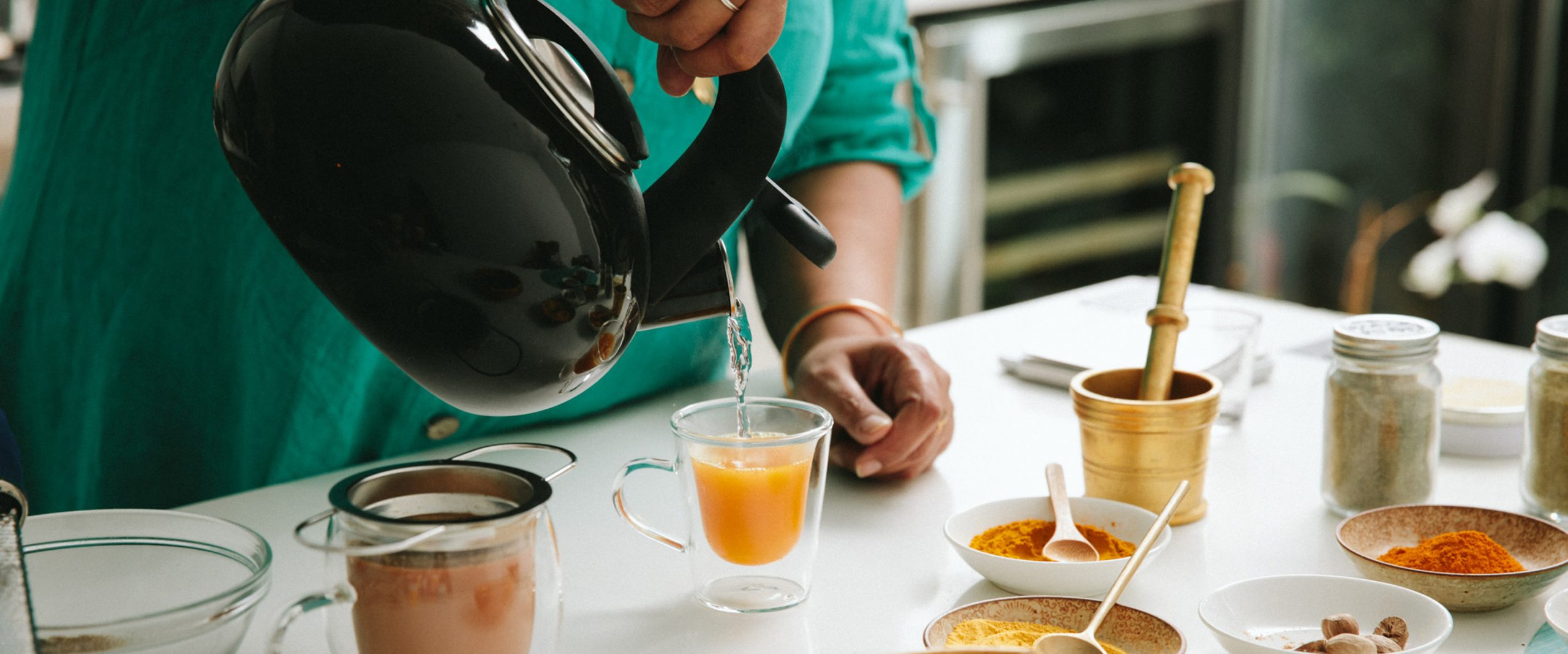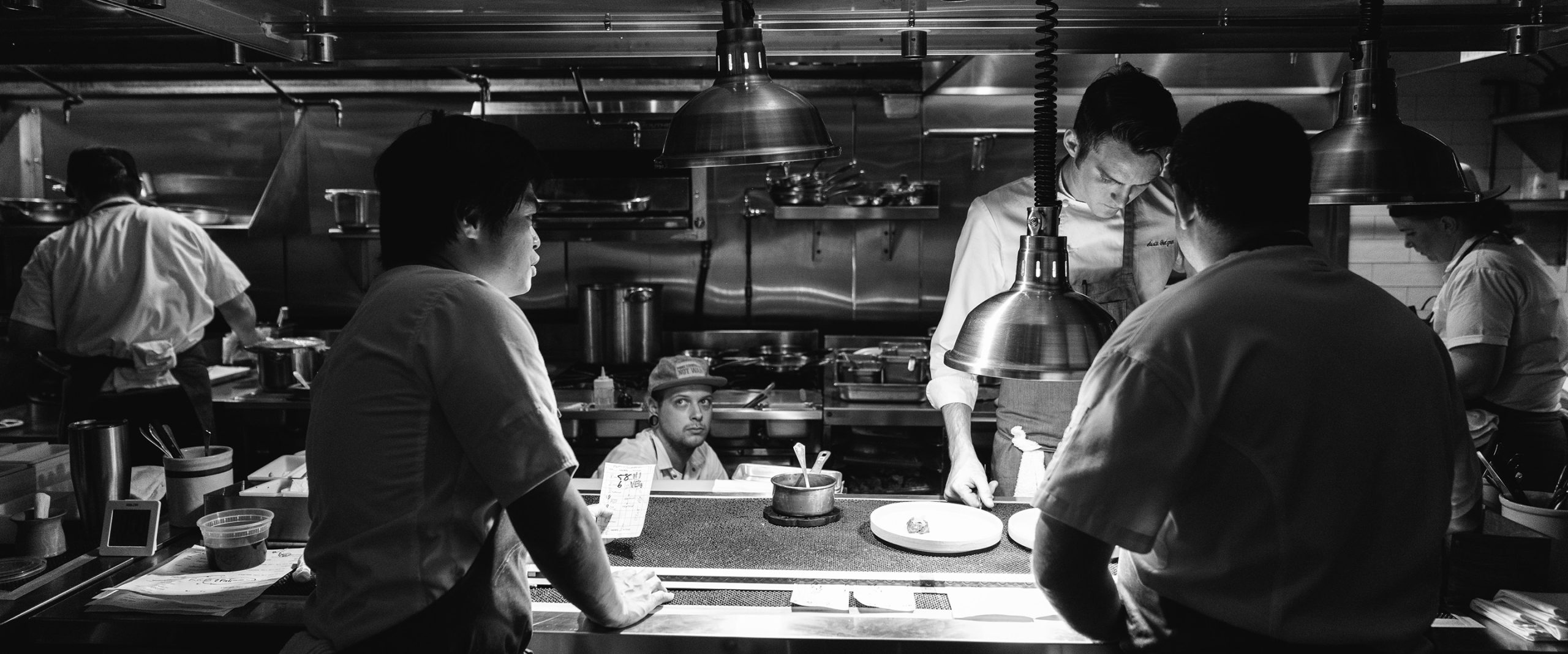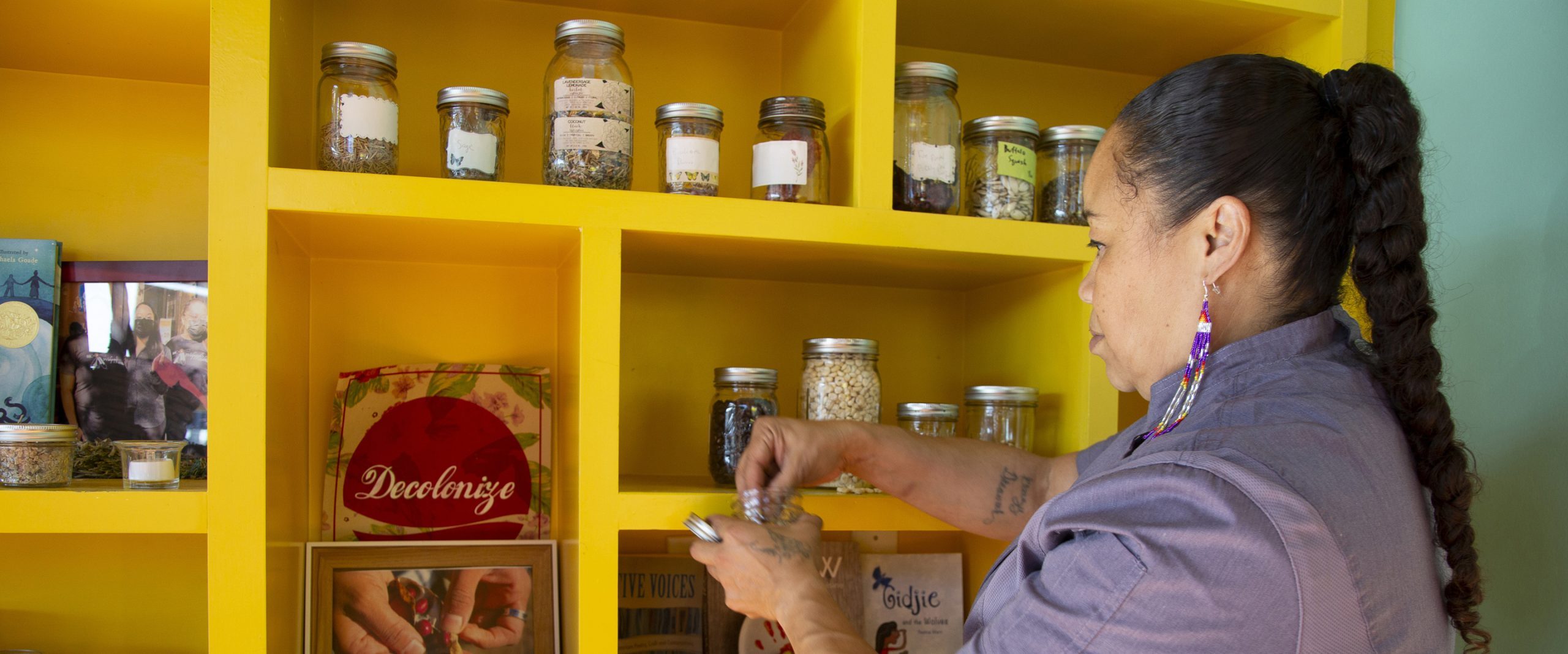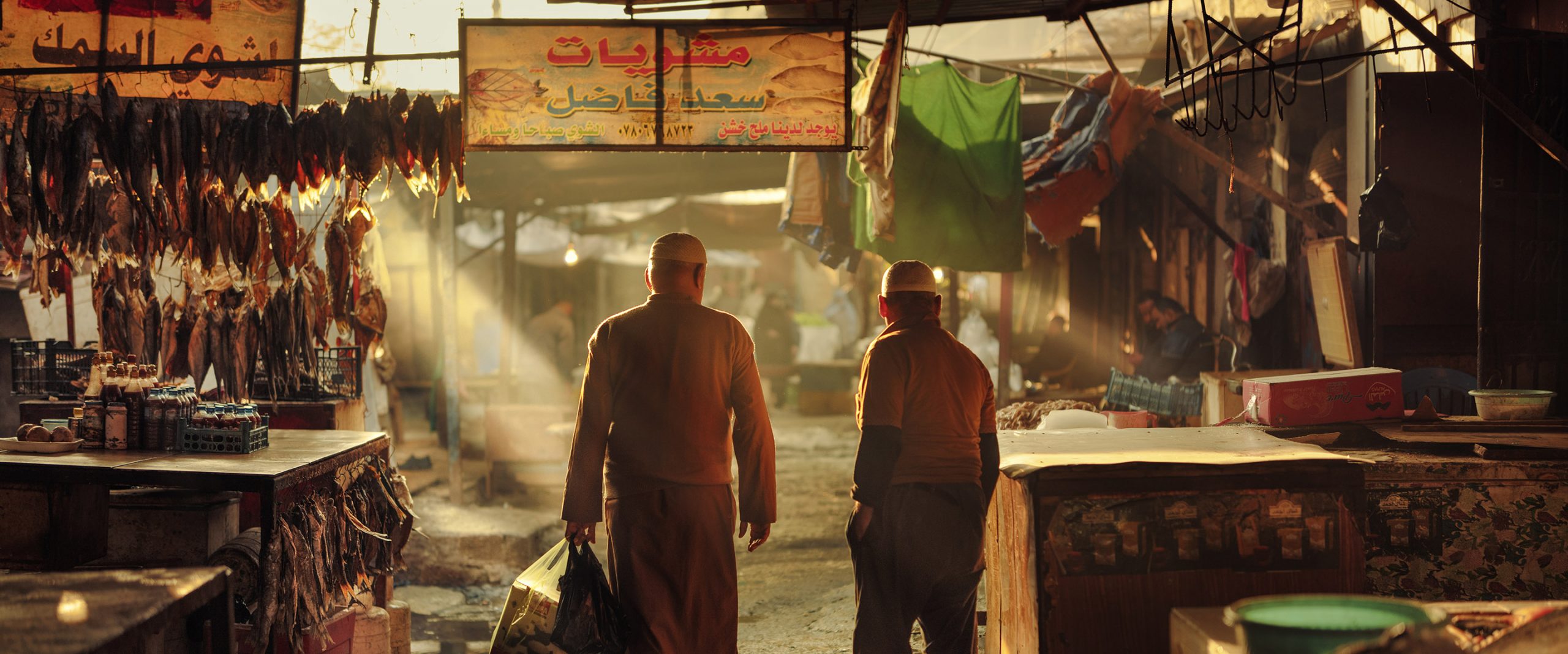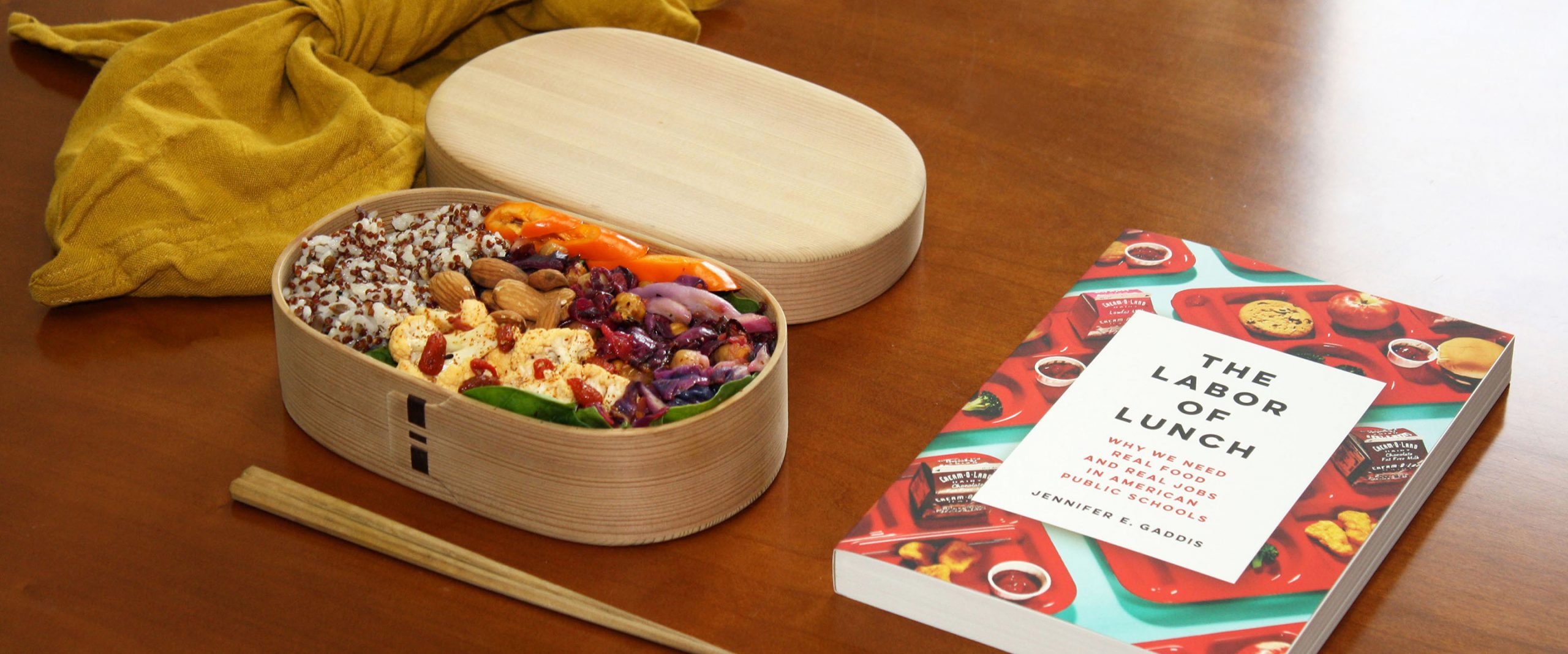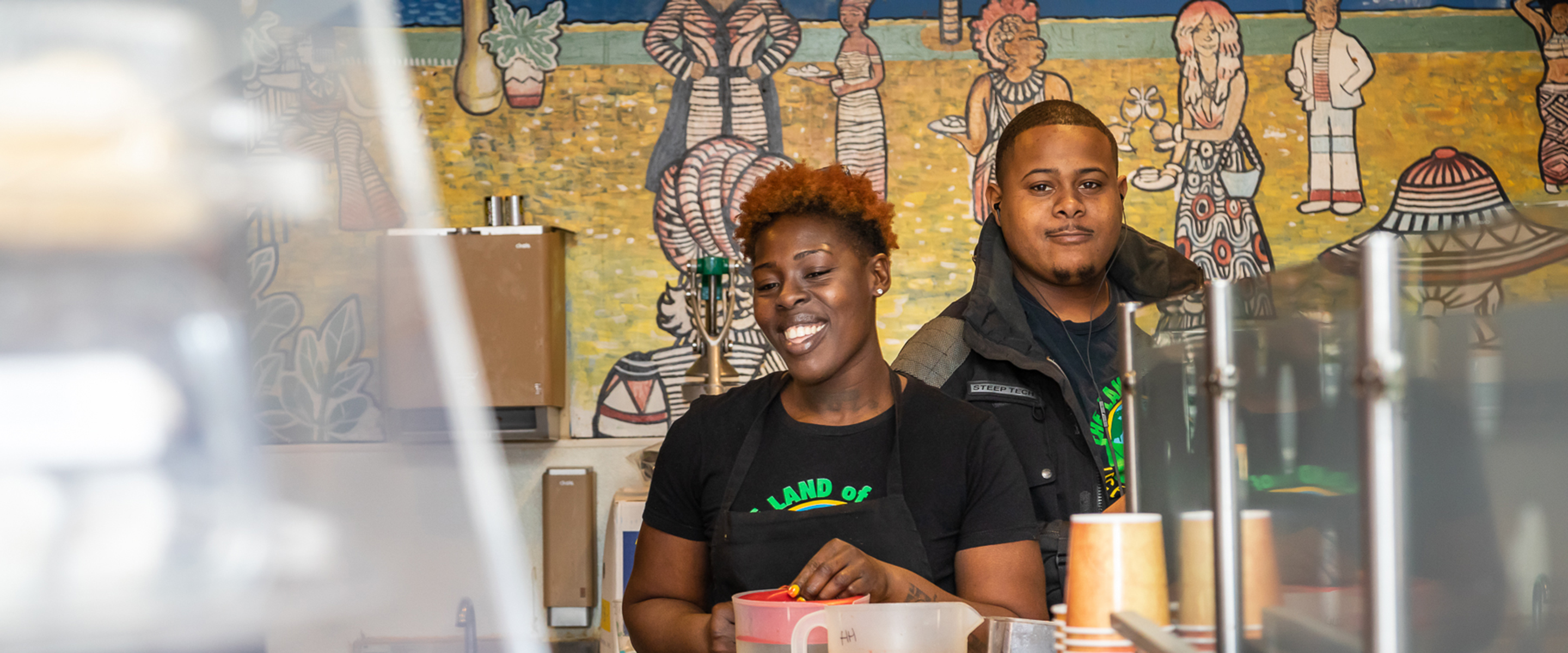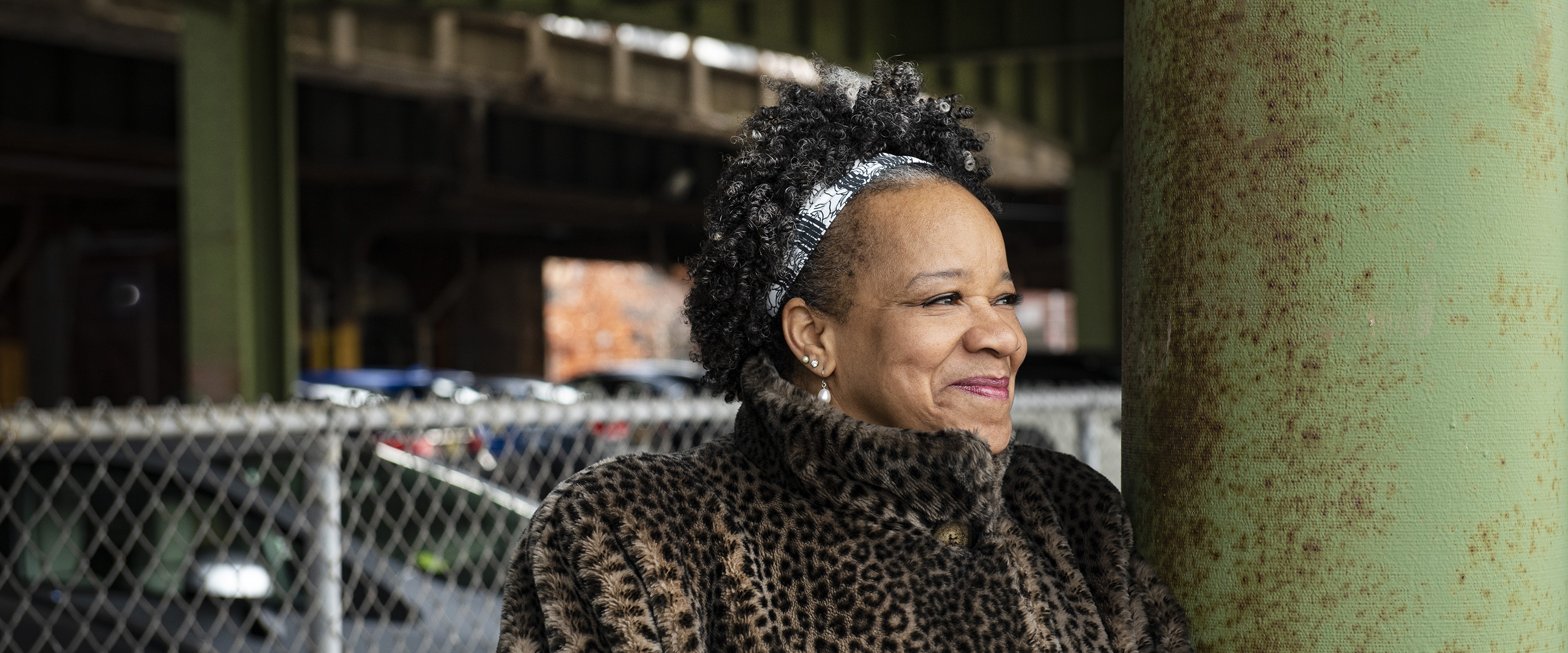Most folks straight out of college would kill for an art gallery gig. Gillian was one of them. But few people can hide their innate interest when it comes to food. Gillian knew the jig was up when she and her co-workers started hosting parties at the gallery just so they could cater them. "Epicurated" turned into a full-time pursuit: she left her day job to find her way in the food world. Here's the new profession she's curated for herself.
What attracted you to a good food job?
I worked in the art world before getting a job in food. I loved art, but somehow food was so much more interesting, more tangible. It is universal and everyone understands it.
How did you get your current good food job?
Like many people in the food industry I have 2 jobs. To get my job at KCRW, first I did a bit of stalking. During KCRW's dreaded pledge drive, Evan, the host of Good Food, offered a free dinner at her restaurant Angeli for anyone who pledged $50 or more during the show. I was dead broke, but I knew it was an opportunity. So I pledged, went to the dinner, introduced myself and asked to volunteer. A year later they hired me.
All the while, I knew volunteering for public radio wasn't going to pay the bills, so I decided to try my hand in the kitchen. I was scared of kitchens. I had read Kitchen Confidential. I knew chefs in New York. Somehow a bakery seemed more...safe. A food writer and friend tipped me off to a new artisanal bakery called Huckleberry in Santa Monica, so I walked in and asked if they'd let me work for free if I stayed out of the way. The chef and her bakers were on their last legs - working 14 hour days - the thought of free labor made them drool. So the next day I showed up with a doo-rag on my head and spent 4 hours shaping cookies. I came back and made coffee cakes. Within 2 weeks, they hired me and I learned to bake. Then I learned to make bread - hand shaped baguettes, sourdough, brioche, ciabatta, croissants, flatbread...you name it. The kitchen is hard work, but for the first time in my life I was creating something, and it felt good.
How did your previous work or life experience prepare you for a good food job?
In the art world I was forced to talk to people - schmooze if you will. People skills are important. If you want a job, show up in person and introduce yourself, don't send an email.
What advice do you have for others in search of a good food job?
Yes you can.
If you could be compensated for your work with something other than money, what would it be?
Time!










